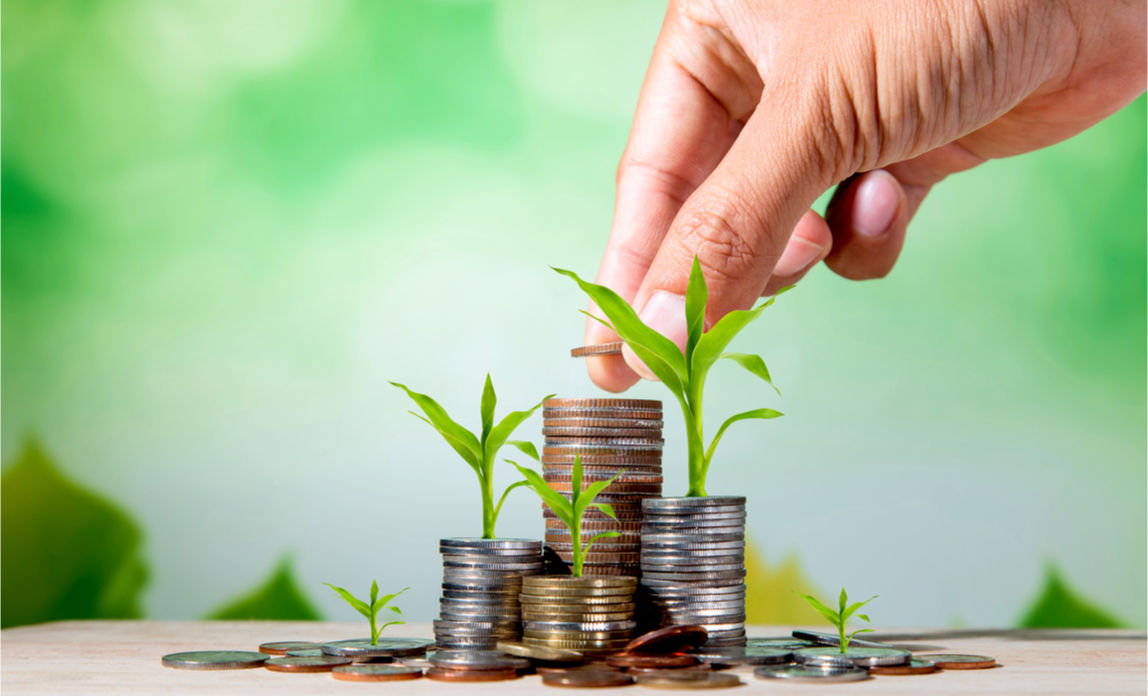Great Guide On How To Survive In This Tough Economy

Personal finance might appear very complicated and involved, but if you know what you are doing it can be very rewarding to your current and future affairs. If you don’t know what you are doing, you can lose a lot of money or be left with nothing. Fear not, the tips listed below can help you avoid this.
Start saving money in a regular savings account. It won’t help your credit report right now, but it will give you the safety to handle issues that may arise. The lack of a savings is what causes a lot of accounts to go into default. Make sure you cans survive temporary issues that may come up with a good emergency savings account.
Even if you are young, start putting money regularly into a retirement account. A small investment at a young age can grow into a large sum by the time retirement comes around. When you are young, you have time on your side. You will be pleasantly surprised at how quickly your money will compound.
Keep an emergencey supply of money on hand to be better prepared for personal finance disasters. At some point, everyone is going to run into trouble. Whether it is an unexpected illness, or a natural disaster, or something else that is terrible. The best we can do is plan for them by having some extra money set aside for these types of emergencies.
A good rule of thumb for savings, is to put away 10% of your income each payday into a savings account. Make sure that you don’t have a debit or credit card linked to this account, as it is too tempting to spend it if you find something you can’t seem to live without.
Set up a deduction from your paycheck to automatically go to your savings account. Saving is much easier when it requires no further conscious action. As you begin to think of your spendable income as the new, smaller amount, you can adjust your budget accordingly while your savings keep growing with every deposit.
Every time you get a raise, set aside at least half of the new, after-tax increase for saving more each month. You will still enjoy a higher income and will never miss the extra money which you were never used to spending. It is even better if you set up your paycheck or checking account to transfer the money to savings automatically.
The majority of your unnecessary spending will usually come on a whim, as it should be your mission to limit this as much as possible. Before you go to the supermarket, make a list so that you just purchase the items that you are there for, reducing the amount of impulse purchases.
Find out if you will get a discount for making your payments automatically. Many times if you mail your payment you will be charged as much as $5.00 per month. You may find that there is a nice discount for you if you set up an automatic payment through your checking account or credit card.
Every household should have an emergency savings account. Every time you get a paycheck automatically put some aside for savings. This will help you if you ever find that you can not pay a bill or if you lose your job. Having the safety of an emergency savings account can ease anxiety in times of high financial stress.
So as you can see, personal finance is not as complicated as it may appear. It is involved in terms of research and asking questions, but it is worth it in the end. With the above tips in mind, you should be smarter when it comes to improving your own financial situation.





